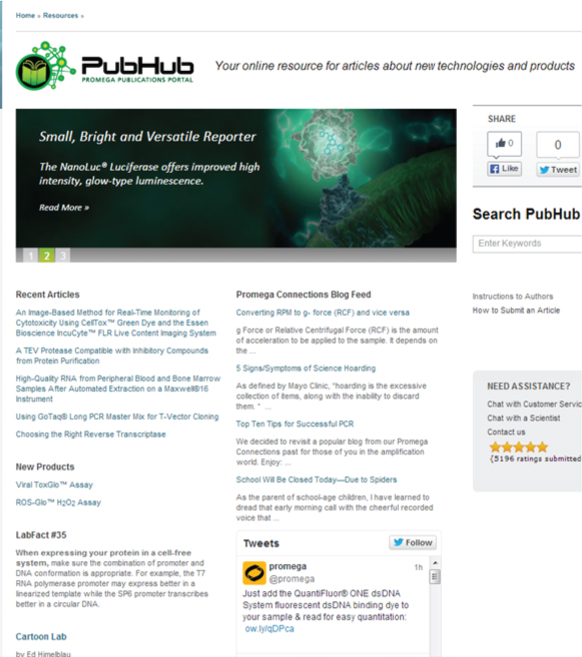Happy graduation! Whether you graduated last week or twenty years ago, the experience is roughly the same. As soon as you arrive on the far side of the stage, empty diploma folder under your arm, hand still sticky from the Dean’s sweaty handshake, the reality of post-academic life sets in. Perhaps grad school is on the horizon for some and others might be busy prepping for med school. For some of us, though, our years of formal education end after four and we run off to rejoice in our newfound freedom. No more exams, group projects, late nights writing papers, disapproving professors, supervisors and mentors – done with that life forever! We didn’t even bother with the GRE, MCAT, LSAT or a single “Why [insert school]” essay. Now it’s off to enjoy the Real World, which will definitely be better than college.
I’ve found, in my one year of post-college life, that sometimes you can miss academic life. You’ll occasionally look back and think, “I didn’t know how good I had it.” In particular, those of us with a pure love of learning can find ourselves unsatisfied with our prospective learning opportunities or lack thereof. We spent college soaking up mountains of knowledge–and not just from textbooks. University life gives you access to free talks from eminent thought leaders, unrestricted access to myriad scientific journals, and plenty of people around who are eager to argue about that day’s lecture in Cell Biology or Neuroscience. After college, it’s tough to fill that void.
I work at Promega (obviously), a biotech company, so I still have access to journals and there are plenty of brilliant scientists around me. However, I’m still looking for more opportunities to learn and grow. I may be out of school, but the love of science never goes away. Here are a few of my tips for everyone receiving their hard-earned science degree this spring.
Continue reading “When School is just a Memory: Science after College Graduation”



